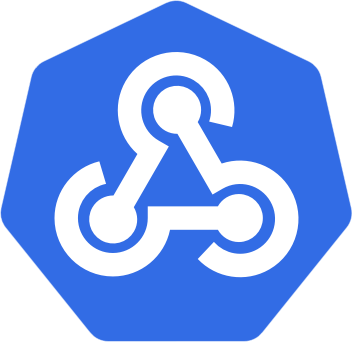Kubewebhook is a small Go framework to create external admission webhooks for Kubernetes.
With Kubewebhook you can make validating and mutating webhooks very fast and focusing mainly on the domain logic of the webhook itself.
- Ready for mutating and validating webhook kinds.
- Easy and testable API.
- Simple, extensible and flexible.
- Multiple webhooks on the same server.
- Webhook metrics (RED) for Prometheus with Grafana dashboard included.
- Webhook tracing with Opentracing.
Kubewebhook has been used in production for several months, and the results have been good.
Here is a simple example of mutating webhook that will add mutated=true and mutator=pod-annotate annotations.
func main() {
logger := &log.Std{Debug: true}
cfg := initFlags()
// Create our mutator
mt := mutatingwh.MutatorFunc(func(_ context.Context, obj metav1.Object) (bool, error) {
pod, ok := obj.(*corev1.Pod)
if !ok {
// If not a pod just continue the mutation chain(if there is one) and don't do nothing.
return false, nil
}
// Mutate our object with the required annotations.
if pod.Annotations == nil {
pod.Annotations = make(map[string]string)
}
pod.Annotations["mutated"] = "true"
pod.Annotations["mutator"] = "pod-annotate"
return false, nil
})
wh, err := mutatingwh.NewStaticWebhook(mt, &corev1.Pod{}, logger)
if err != nil {
fmt.Fprintf(os.Stderr, "error creating webhook: %s", err)
os.Exit(1)
}
// Get the handler for our webhook.
whHandler := whhttp.HandlerFor(wh)
logger.Infof("Listening on :8080")
err = http.ListenAndServeTLS(":8080", cfg.certFile, cfg.keyFile, whHandler)
if err != nil {
fmt.Fprintf(os.Stderr, "error serving webhook: %s", err)
os.Exit(1)
}
}You can get more examples in here
| Kubernetes 1.10 | Kubernetes 1.11 | Kubernetes 1.12 | Kubernetes 1.13 | |
|---|---|---|---|---|
| kubewebhook 0.1 | ✓ | ✓ | ? | ? |
| kubewebhook 0.2 | ✓ | ✓ | ? | ? |
| kubewebhook HEAD | ? | ? | ✓ | ? |
